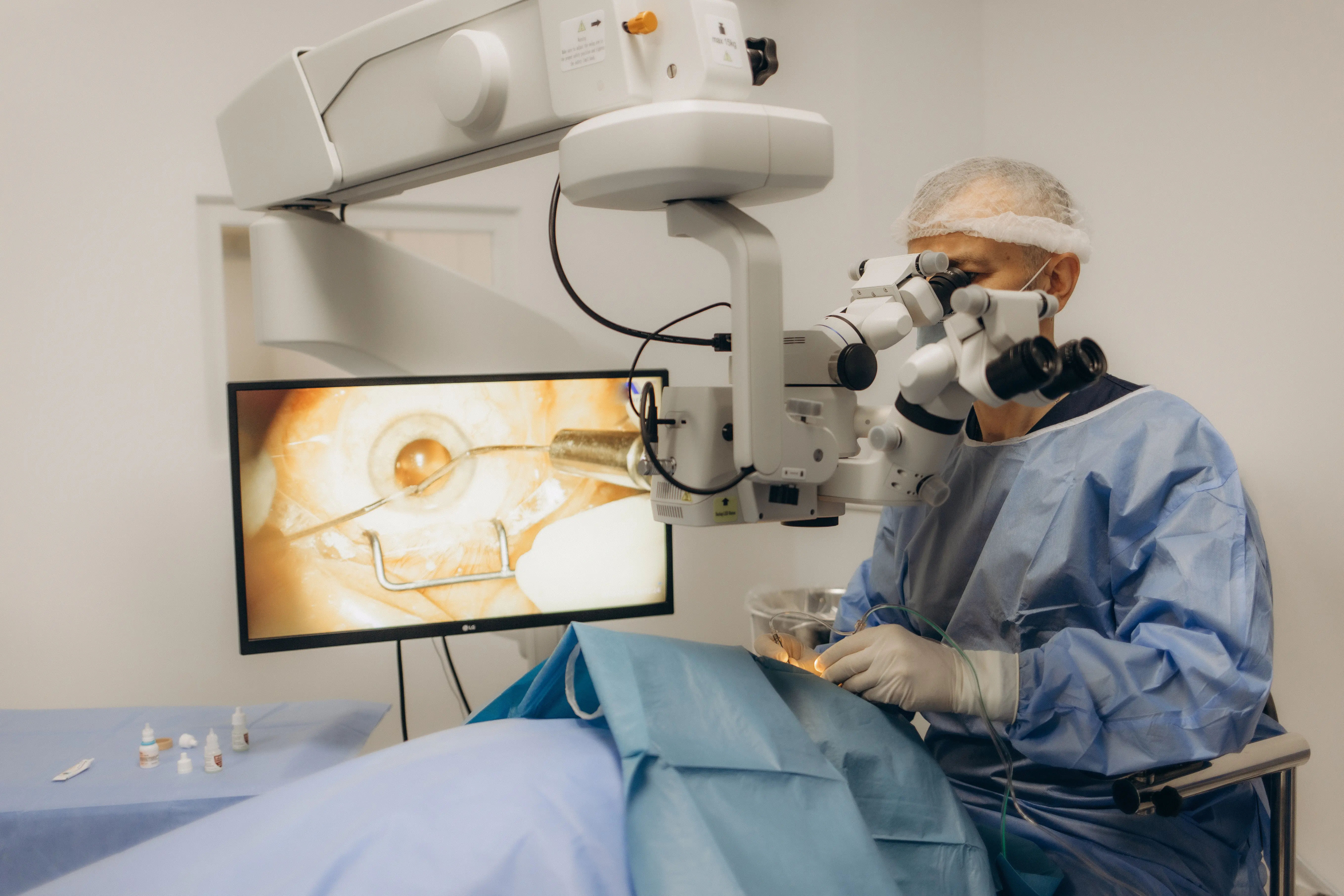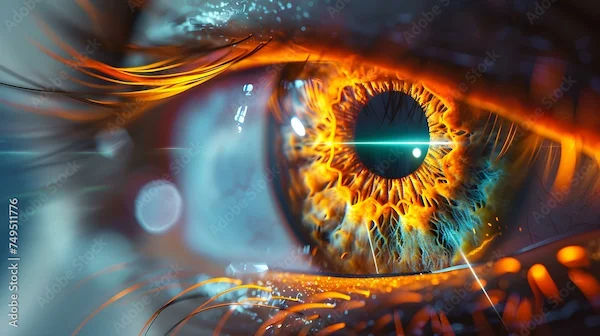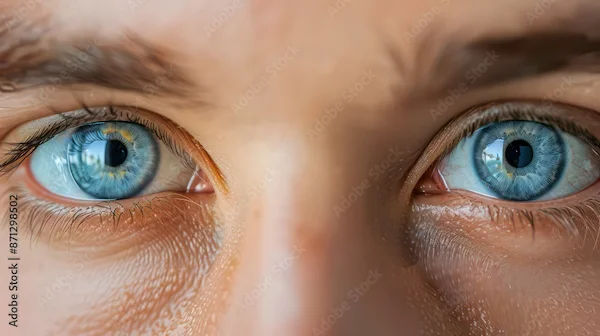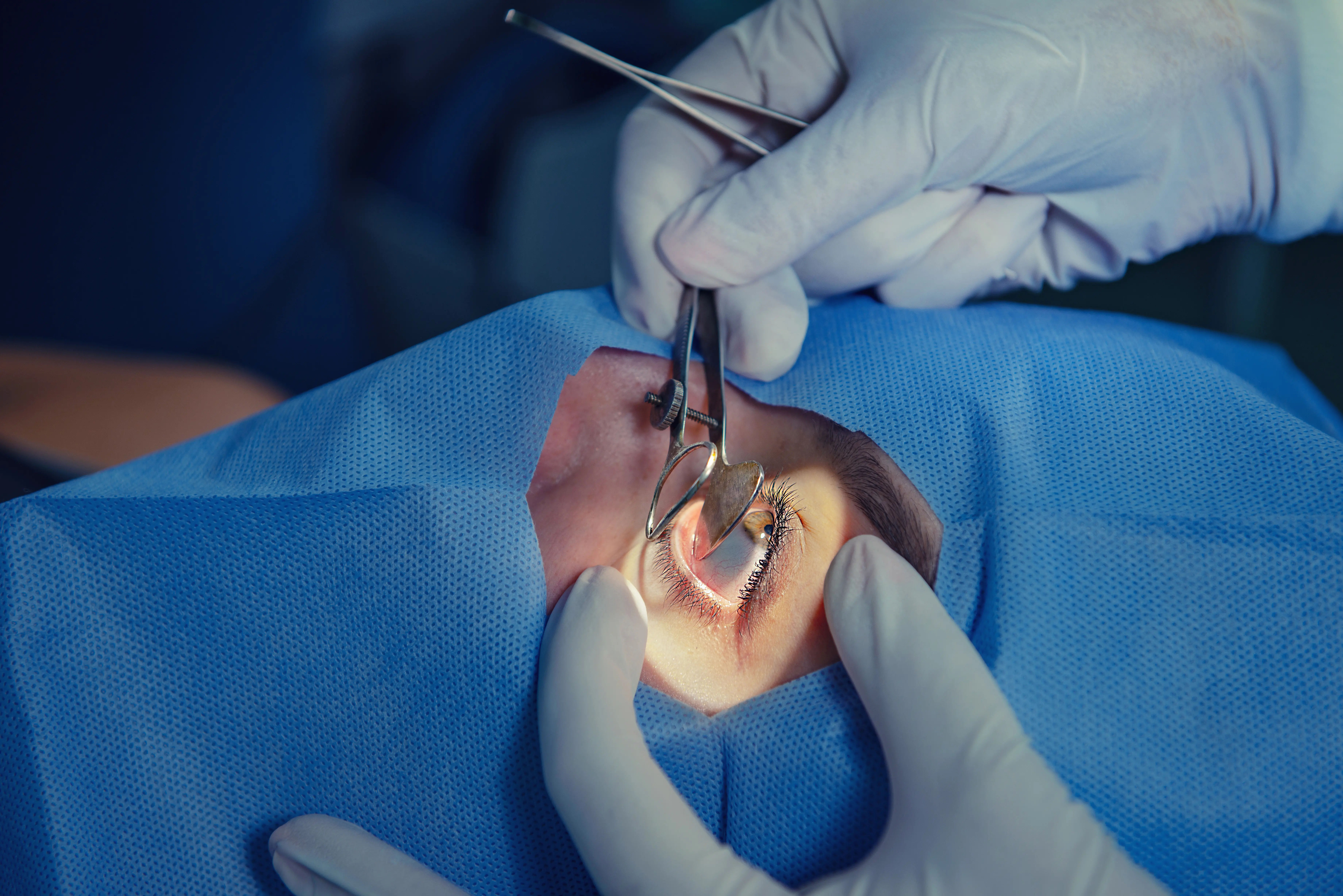Do You Feel Anything During Cataract Surgery?
Curious about what sensations you might experience during cataract surgery? Learn what feelings are typical, how anaesthesia works, and what to expect to stay comfortable throughout the procedure.

Written by
Last updated on 13th Jan, 2026

Introduction
If you or a loved one has been diagnosed with cataracts and advised to undergo surgery, you may have questions—especially about whether the procedure is painful or uncomfortable. The good news is that cataract surgery is one of the safest and most commonly performed surgeries worldwide, and most patients experience little to no discomfort during the procedure.
Let’s break down what happens during cataract surgery and what you can expect in terms of sensation.
Understanding Cataract Surgery
Cataracts occur when the natural lens of your eye becomes cloudy, leading to blurry vision, difficulty seeing at night, and faded colours. Surgery involves removing this cloudy lens and replacing it with an artificial intraocular lens (IOL) to restore clear vision.
Types of Anaesthesia Used
Since the eye is a sensitive organ, cataract surgery is performed under anaesthesia to ensure comfort. However, unlike major surgeries, you won’t be put to sleep unless there’s a special medical need. Instead, the two most common types of anaesthesia used are:
1. Topical Anaesthesia (Eye Drops): Numbs the eye surface, so you don’t feel pain.
2. Local Anaesthesia (Injection Around the Eye): Used in some cases for deeper numbness.
Most modern cataract surgeries use only numbing eye drops, making the procedure quick and pain-free.
What Will You Feel During Cataract Surgery?
Here’s what most patients experience:
No Pain: Thanks to anaesthesia, you won’t feel any sharp pain.
Mild Pressure or Sensation: Some patients report a slight pressure or movement sensation, but it’s not painful.
Bright Lights: You may see bright lights from the microscope, but your eye is kept still.
Quick Procedure: The surgery typically takes 10-20 minutes per eye.
You’ll be awake but relaxed, and the medical team will guide you through each step.
To Know More Consult Top Ophthalmologists
After the Surgery: What to Expect
Once the surgery is done, you may experience:
Mild Discomfort or Grittiness: This usually subsides within a day or two.
Blurry Vision Initially: Your eye needs time to adjust, but vision improves gradually.
Eye Shield for Protection: You’ll wear a protective shield for a day or as advised.
Your doctor will prescribe medicated eye drops to prevent infection and aid healing.
Tips for a Smooth Recovery
To ensure the best results:
Avoid Rubbing Your Eye: This can interfere with healing.
Use Prescribed Eye Drops: Follow the schedule strictly.
Wear Sunglasses Outdoors: Protects your eyes from bright light.
Avoid Strenuous Activities: For at least a week, skip heavy lifting or bending.
Attend Follow-Up Appointments: Helps monitor healing progress.
When to Seek Help?
While complications are rare, contact your doctor if you notice:
Severe pain
Sudden vision loss
Increased redness or swelling
Flashes of light or floaters
Conclusion
Cataract surgery is a highly successful procedure with minimal discomfort. Thanks to modern techniques, most patients regain clear vision quickly and resume daily activities within days.
If you’ve been experiencing blurry vision or have been diagnosed with cataracts, don’t hesitate to consult an eye specialist. Early treatment can significantly improve your quality of life. You can book a consultation with an ophthalmologist on Apollo 24|7 for personalised care and guidance.
Consult Top Ophthalmologists
To Know More Consult Top Ophthalmologists

Dr. Sujit Pahari
Ophthalmologist
22 Years • MBBS, DNB, DOMS Ophthalmologist/ Eye Surgeon. FIC (Ophthal).
Bilaspur
Apollo Hospitals Seepat Road, Bilaspur
(25+ Patients)

Dr. Shivani Grover
Ophthalmologist
9 Years • MS (Ophthalmology), Fellowship Cataract, Squint & Paediatric Ophthalmology
Lucknow
Apollomedics Super Speciality Hospital, Lucknow

Dr. Aniel Malhotra
Ophthalmologist
30 Years • MBBS, MS, DOMS
Delhi
Apollo Hospitals Indraprastha, Delhi

Dr. Sharon Dsouza
Ophthalmologist
15 Years • MBBS,MS in Ophthalmology ,Fellowship – Cornea & Refractive Surgery ,PhD in Ocular Immunology
Bengaluru
Apollo Hospitals Bannerghatta Road, Bengaluru
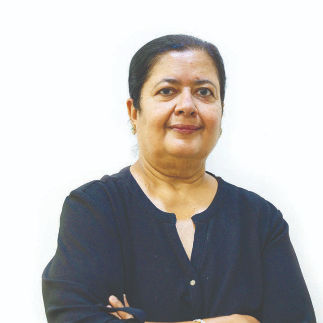
Dr L R Seth
Ophthalmologist
36 Years • MBBS, MS, DOMS
Delhi
Apollo Hospitals Indraprastha, Delhi
Consult Top Ophthalmologists

Dr. Sujit Pahari
Ophthalmologist
22 Years • MBBS, DNB, DOMS Ophthalmologist/ Eye Surgeon. FIC (Ophthal).
Bilaspur
Apollo Hospitals Seepat Road, Bilaspur
(25+ Patients)

Dr. Shivani Grover
Ophthalmologist
9 Years • MS (Ophthalmology), Fellowship Cataract, Squint & Paediatric Ophthalmology
Lucknow
Apollomedics Super Speciality Hospital, Lucknow

Dr. Aniel Malhotra
Ophthalmologist
30 Years • MBBS, MS, DOMS
Delhi
Apollo Hospitals Indraprastha, Delhi

Dr. Sharon Dsouza
Ophthalmologist
15 Years • MBBS,MS in Ophthalmology ,Fellowship – Cornea & Refractive Surgery ,PhD in Ocular Immunology
Bengaluru
Apollo Hospitals Bannerghatta Road, Bengaluru

Dr L R Seth
Ophthalmologist
36 Years • MBBS, MS, DOMS
Delhi
Apollo Hospitals Indraprastha, Delhi
